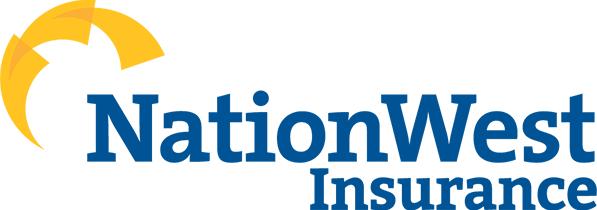
Understanding Insurance Terms: Commonly Used Definitions
July 25, 2023
As Canadians, insurance is a part of our day-to-day lives. We insure our homes, our vehicles, our valuables, our health, our travel, and even our lives. It’s common to be asked if you want to add insurance to a major purchase, and very often, the answer is yes.
Despite the prevalence of insurance, the truth is that, for many of us, insurance terminology can be tough to digest. Have you ever tried to get through your policy and quit partway because you didn’t understand half the words? Or perhaps you’ve dreaded meeting with your insurance broker because you feel shy about admitting that you’re still not sure about the meanings of some of the terms you know they’ll use.
If insurance terms feel a little perilous to you, then this post will be the perfect remedy. Below, we’ll cover some commonly used insurance terms and leave you ready to reclaim your confidence:
Terms Related to Your Policy
Let’s begin with some basic insurance terminology related to your policy. If you’re not even quite sure what a policy is, it’s the first definition below:
Policy
Your policy is the legal document issued to you by your insurance provider that outlines the terms of your coverage.
Coverage
Coverage is synonymous with insurance. It’s a formal arrangement wherein the insurer (insurance company) agrees to assume specific losses suffered by the insured in return for the payment of a premium.
Insured
The insured is the person protected in the event of a loss or claim. Most often, you, the policyholder, are the insured, though coverage may also extend to other insured parties in some cases.
Exclusion
An exclusion listed in an insurance policy describes a risk or situation that is not covered by that particular policy.
Claim
A claim is a request for payment submitted to your insurance company based on the terms of your insurance policy.
Terms Related to Payment
Premium
Your premium is the amount you pay to your insurance provider in return for coverage. Most often, you pay your premium once per year. Its cost may be impacted by claims made during the previous year(s) as well as other factors.
Deductible
Your deductible is the portion of a claim you are responsible for paying before your insurance company takes over.
Actual Cash Value
In the event of a claim, actual cash value coverage is calculated by subtracting depreciation from the initial cost of your property. For example, a guitar that was $1,000 brand new five years ago may now have an actual cash value of $250.
Replacement Cost
In the event of a claim, replacement cost coverage is calculated with no deduction for depreciation. In the example above, you’d receive the amount of money necessary to buy a similar guitar at its current market value.
Learn More With Nation West
Hopefully, this post has helped you gain confidence in the insurance terminology realm, but if some of the words on your policy are still making your head spin, don’t hesitate to ask for straightforward definitions directly from any of our friendly and knowledgeable brokers.
For a Winnipeg insurance experience that’s clear and easy to navigate, visit your nearest Nation West location today!

